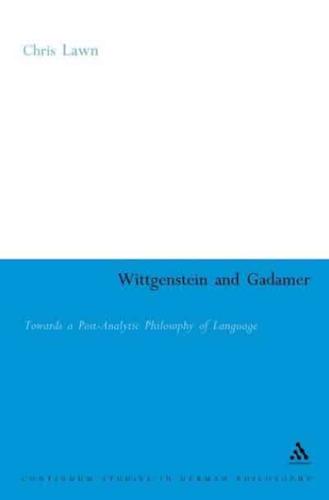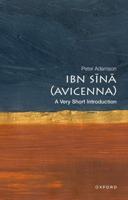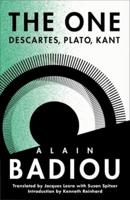Publisher's Synopsis
This is the first comparative study of the pioneering work on language of Ludwig Wittgenstein and Hans-Georg Gadamer.
The book focuses on how Wittgenstein and Gadamer treat language in their accounts of language as game and their major writings on the subject-Philosophical Investigations and Truth and Method, respectively. Chris Lawn goes on to offer a critique of Wittgenstein's account of linguistic rules, drawing upon Gadamer's philosophical hermeneutics, particularly his emphasis upon tradition, temporality, historicality, and novelty. The text demonstrates how paying attention to such elements-excluded by Wittgenstein's conception of rules-in fact strengthens Wittgenstein's position from a hermeneutical perspective. Finally, Wittgenstein and Gadamer investigates the possibility of connection between Wittgenstein's focus upon lexical particularity and Gadamer's greater concern for the universal and the general.
A groundbreaking work of post-analytic philosophy, Wittgenstein and Gadamer brings the work of two major modern philosophers into dialogue. It is required reading for anyone studying or researching the work of either philosopher, or the philosophy of language more generally.










